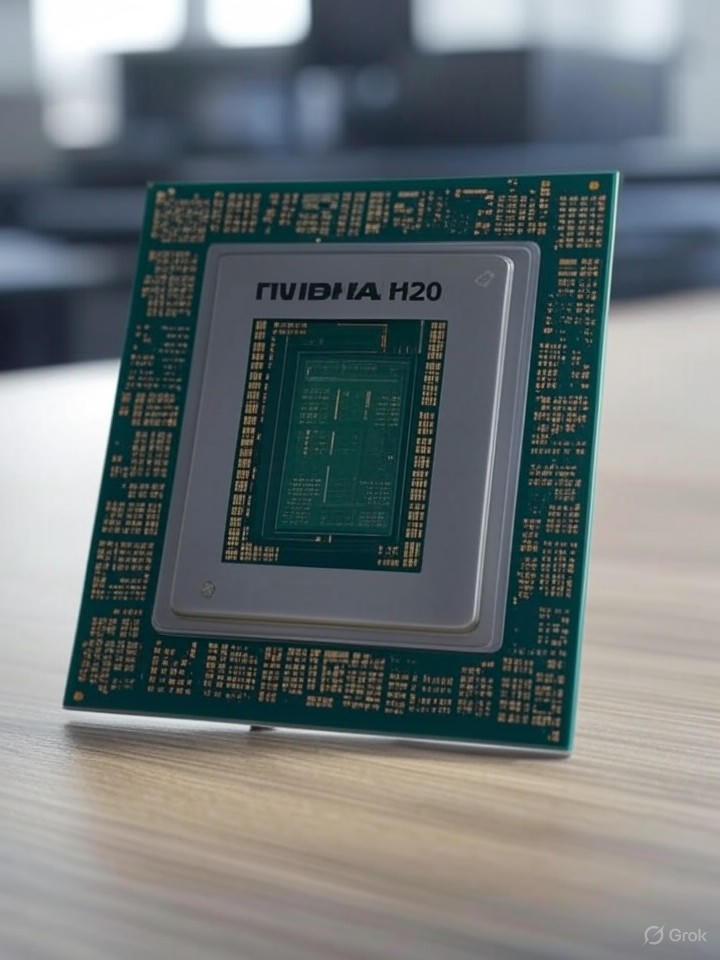In a fresh twist highlighting the intricate dance of global semiconductor trade and rising geopolitical tech rivalry, Nvidia’s specialized H20 artificial intelligence chips are now confronting intense security scrutiny from Beijing, complicating an already precarious balancing act for the chip giant.
These particular Nvidia H20 chips were specifically engineered for the Chinese market, a strategic move to navigate stringent US export controls aimed at curbing China’s access to advanced computing power. Their design was a testament to Nvidia’s commitment to maintaining its market presence while adhering to international regulations, yet this very adaptation has become a focal point of concern for Chinese regulators.
Initially, the Biden administration had imposed significant restrictions, only for a nuanced policy shift to occur, allowing these tailored chips to proceed. This regulatory approval was crucial for Nvidia, signaling a potential resumption of substantial revenue streams from China, a market vital to the company’s financial health, particularly its datacenter segment.
However, the narrative quickly shifted as Beijing’s Cyberspace Administration (CAC) recently summoned Nvidia executives, expressing grave concerns over “serious security vulnerabilities” within the Nvidia H20 chips. These concerns specifically highlight the potential for backdoors and data tracking features, raising alarm bells about national interests and cyber sovereignty in China.
This escalating China tech scrutiny places Nvidia in a delicate position, forcing the company to prove the integrity and security of its hardware. The demand for detailed documentation and proof of safeguards underscores Beijing’s resolve to control its technological landscape and mitigate any perceived risks from foreign-made components, intensifying the already heated geopolitical tech rivalry.
The situation not only impacts Nvidia’s immediate operations and potentially billions in revenue but also signals broader implications for the entire global semiconductor trade. It could accelerate China’s domestic push for self-reliance in AI and chip manufacturing, further fueling initiatives aimed at reducing dependence on foreign technology and bolstering indigenous alternatives.
Ultimately, this episode with AI chip security serves as a stark reminder of the intricate challenges faced by multinational tech corporations operating amidst a bifurcated global tech environment. Companies like Nvidia are compelled to innovate not just in chip design, but also in navigating a complex web of regulatory frameworks and geopolitical pressures that show no signs of abating.





Leave a Reply